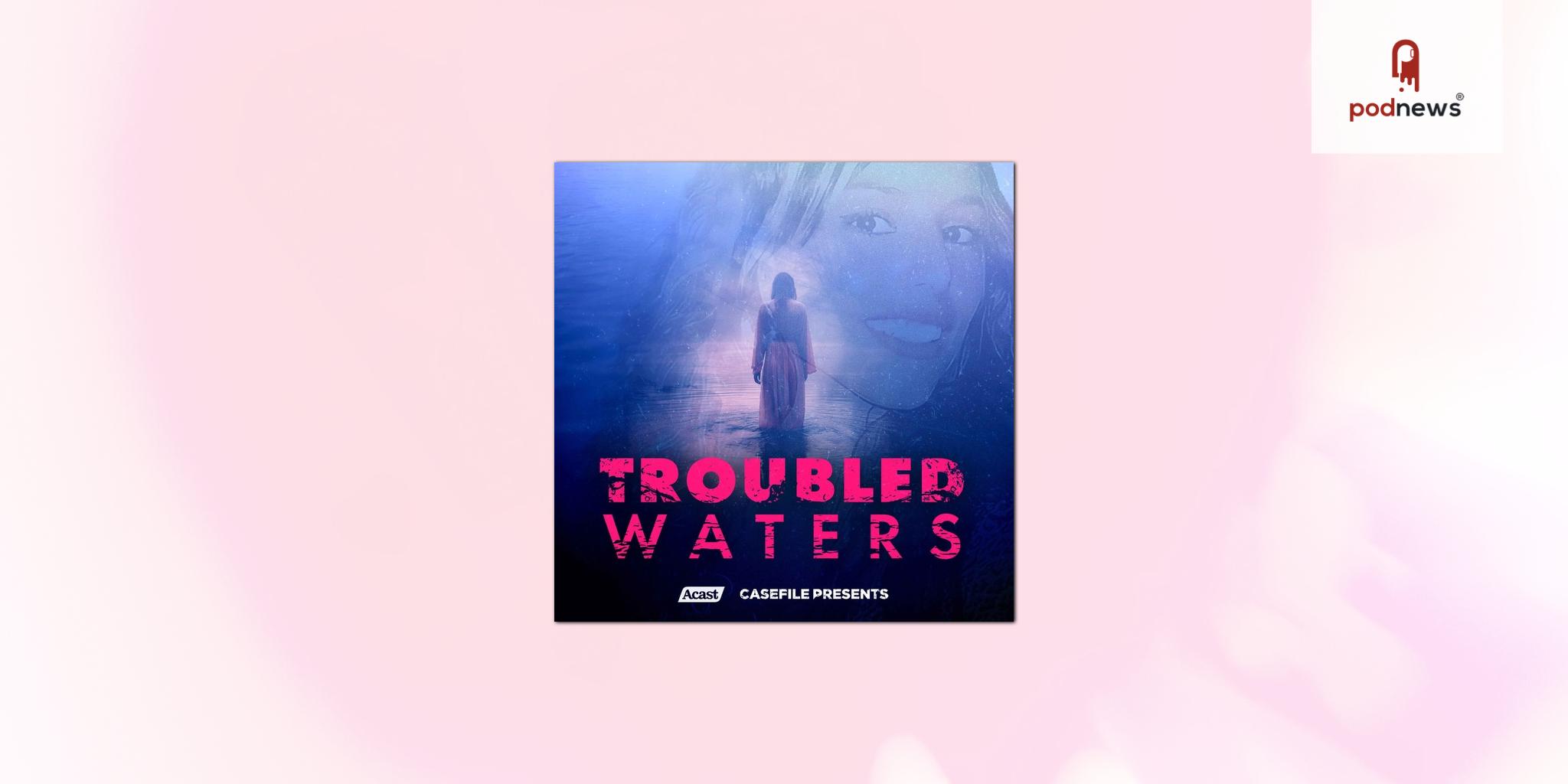
Australian podcast Troubled Waters sparks reopening of coronial investigation
One of the rarest moves in the Australian justice system – the reopening of a coronial investigation – has been triggered by an independent podcast hosted by Acast, underscoring the growing impact of grassroots investigative media.
Last week, the Victorian Coroners Court confirmed it will reopen the investigation into the 2011 death of Louisa Ioannidis, following new information and renewed public attention generated by the Troubled Waters podcast. The 10-part investigative podcast was released last year by Casefile Presents.
Coroners seldom revisit their findings, making the decision a significant milestone not only for the Ioannidis family, who have sought answers for more than a decade, but also for Australia’s independent podcasting sector.
Hosted by private investigator Julia Robson and produced by Clare McGrath, Troubled Waters worked closely with the Ioannidis family to re-examine the circumstances surrounding Louisa’s death. The podcast uncovered new material, highlighted inconsistencies, and ultimately sparked the chain of events leading to the case being reopened.
Robson’s investigation prompted a team of pro bono lawyers to undertake a fresh review of the case. They commissioned an independent forensic pathologist to re-examine the original autopsy and police brief. His findings reinforced the concerns raised in Troubled Waters and added further weight to calls for the case to be reconsidered.
Guy Scott-Wilson, Content Director at Acast ANZ, says the moment demonstrates how independent podcasts are increasingly filling gaps left by shrinking newsrooms.
“This decision shows that rigorous investigative journalism can still come from outside traditional media institutions. Independent podcasts now have the credibility, audience reach and persistence to surface new evidence, support families and influence real-world outcomes,” he says.
The Ioannidis case is the second example in Australia this year of independent podcasts contributing to developments in long-running investigations. In January, Queensland Police confirmed a listener tip-off – prompted by two episodes of Australian True Crime – led to the arrest of fugitive Keith Lees, wanted in connection with the 1997 murder of Meaghan Louise Rose.
According to data from Acast’s newly released Podcast Pulse 2025, drawing on global research conducted by Differentology, audiences now rate podcast hosts as equally credible as journalists (33% each). Podcast creators also rank highest among all media channels for offering honest, unbiased opinions, and for being the most genuine and trustworthy.
Scott-Wilson says this trust is translating into tangible outcomes.
“True crime podcast listeners behave like a distributed investigative network – they’re engaged, detail-oriented, and willing to come forward with information. We’re now seeing podcasts participate in the justice process, not just document it,” he says.
Listen

About Acast
Since 2014, Acast has been building the world’s most valuable podcast marketplace, creating the technology that connects podcast creators, advertisers and listeners. Its marketplace spans more than 140,000 podcasts, 3,300 advertisers and one billion quarterly listens. Crucially, those listens are monetised wherever they happen – across any podcast app or listening platform.
The company operates worldwide, with headquarters in Stockholm, Sweden. Acast is listed on the Nasdaq First North Premier Growth Market (ACAST.ST). Certified Adviser is FNCA Sweden AB.
This is a press release which we link to from Podnews, our daily newsletter about podcasting and on-demand. We may make small edits for editorial reasons.
